Table of Contents
The fear of missing out or FOMO is a mental health condition in which a person experiences a persistent apprehension about missing out on socialization, useful knowledge, memorable events, or novel experiences. Let us try to better understand the psychology of FOMO.
What Is FOMO?
FOMO is a syndrome or a feeling of apprehension in which you experience obsessive concerns about missing out on information, events, an opportunity for social interaction, a memorable experience, or decisions that you believe would make your life better.
Along with this, you may also engage in compulsive behavior to combat this feeling [mfn] Gupta, M., & Sharma, A. (2021). Fear of missing out: A brief overview of origin, theoretical underpinnings and relationship with mental health. World journal of clinical cases, 9(19), 4881–4889. https://doi.org/10.12998/wjcc.v9.i19.4881 [/mfn]. Increasingly considered a mental health condition, the symptoms of FOMO usually manifest as pathological use of social media and persistent fear of regret.
FOMO is characterized by the desire to know and stay persistently connected to what other people are experiencing or doing. It can result from small instances that make you feel that you are “behind in knowing” about a piece of gossip, an exciting event, or others’ experiences.
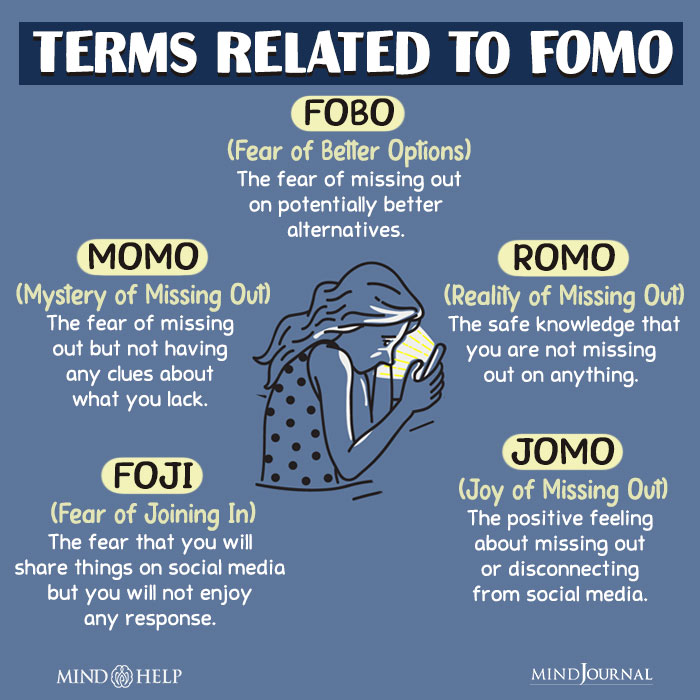
FOMO On Social Media
The term ‘FOMO’ was coined in 2004 and is popularly used in relation to problematic social media behavior. In this, people feel the need to constantly update themselves on the activities of other people on social media platforms so as to make sure they are not “missing out” on anything.
FOMO arises from certain psychological deficits [mfn] Franchina, V., Vanden Abeele, M., van Rooij, A. J., Lo Coco, G., & De Marez, L. (2018). Fear of Missing Out as a Predictor of Problematic Social Media Use and Phubbing Behavior among Flemish Adolescents. International journal of environmental research and public health, 15(10), 2319. https://doi.org/10.3390/ijerph15102319 [/mfn]. Individuals who experience FOMO on social media [mfn] Alutaybi, A., Al-Thani, D., McAlaney, J., & Ali, R. (2020). Combating Fear of Missing Out (FoMO) on Social Media: The FoMO-R Method. International journal of environmental research and public health, 17(17), 6128. https://doi.org/10.3390/ijerph17176128 [/mfn] usually display an obsessive use of social networking sites. They may develop symptoms of severe anxiety or depression when they are excluded from an online exchange or unable to access social media.
In most cases, they spend a major chunk of their time on virtual platforms, being unmindful or negligent of their immediate surroundings. This can result in social conflicts, broken relationships, and social isolation.
The prevalence of FOMO has increased in recent times, thanks to advancements in technology and the enhanced use of social networking sites.
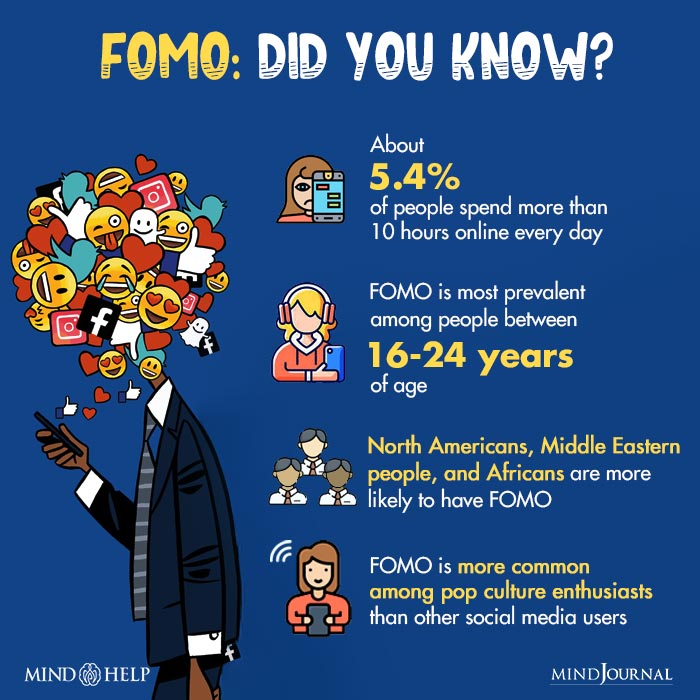
Signs Of FOMO
FOMO is yet to be recognized as an official diagnosis by medical practitioners. However, based on popular research, the typical [mfn] Gul, H., Firat, S., Sertcelik, M., Gul, A., Gurel, Y., & Kilic, B. G. (2022). Effects of psychiatric symptoms, age, and gender on fear of missing out (FoMO) and problematic smartphone use: A path analysis with clinical-based adolescent sample. Indian journal of psychiatry, 64(3), 289–294. https://doi.org/10.4103/indianjpsychiatry.indianjpsychiatry_34_21 [/mfn] signs of fear of missing out in relation to social media use include:
- Spending an excessive amount of time on social media while neglecting other responsibilities
- Deriving happiness primarily from your use of social media
- Feeling a sense of extreme discomfort and negative emotions when unable to use social media or know the whereabouts of friends and acquaintances
- Basing your self-worth exclusively on other people’s opinions
- Feeling excluded and outpaced upon missing out on an online conversation
- The extreme urge to replicate or imitate all the attractive activities seen on social media platforms
- A reduced need for sleep
- Extreme socialization, offline and online
- Reduced life satisfaction when not interacting online
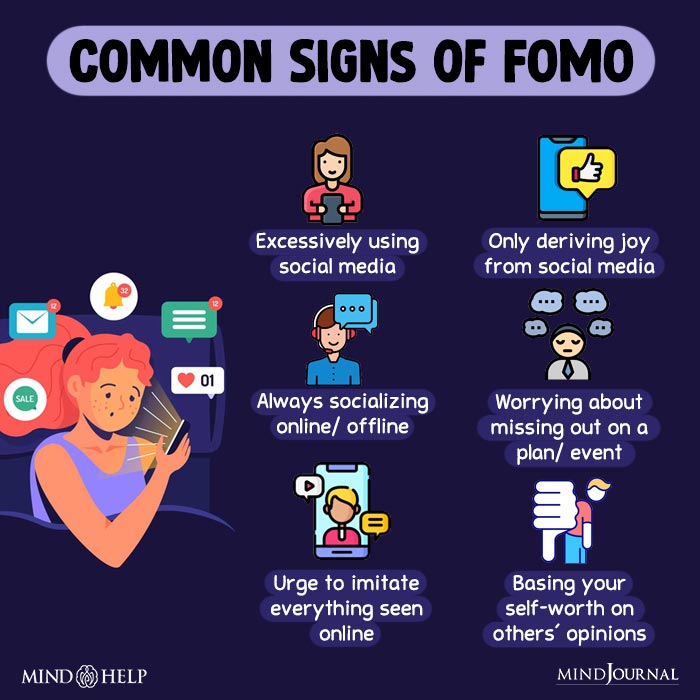
What Causes FOMO?
There is no single cause for the fear of missing out. However, research [mfn] Röttinger, D., Bischof, G., Brandt, D., Bischof, A., Orlowski, S., Besser, B., Wegmann, E., Brand, M., & Rumpf, H. J. (2021). Dispositional and online-specific Fear of Missing Out are associated with the development of IUD symptoms in different internet applications. Journal of behavioral addictions, 10(3), 747–758. https://doi.org/10.1556/2006.2021.00042 [/mfn] points to the following possible reasons as to why a person may develop the symptoms of FOMO:
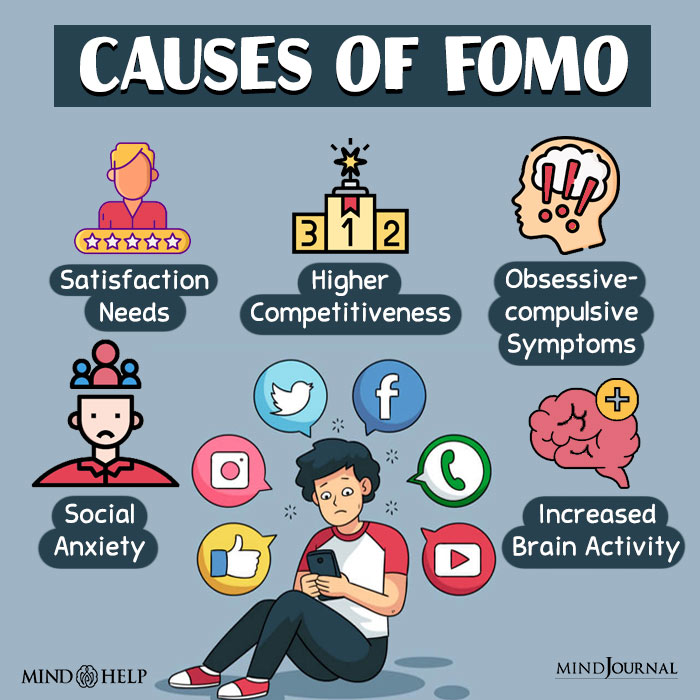
1. Amygdala activation
The amygdala, a part of our limbic system is regarded as crucial in processing emotions and plays an important role in the development of FOMO. Amygdala is one of the primal segments of the brain which is responsible for the fear and anxiety associated with witnessing someone else get ahead of you or acquire something that you are unable to. In a way, the fear of missing out is an exaggeration of our survival instincts.
2. Inability to meet satisfaction needs
People who feel that they are living beneath their standards or expectations are more vulnerable to FOMO. Their unhappiness and discontent with life get pronounced when they come across other people’s supposed “picture-perfect” lives and further develop emotions like envy, resentment, etc.
3. Obsessive-compulsive symptoms
FOMO characteristically involves uncontrollable thoughts related to missing something important and compulsive behavior (in this case, social media use) to try and counter such thoughts. These symptoms are typical of obsessive-compulsive disorder, indicating a possible relationship between the two.
Research suggests [mfn] Deniz Özturan D. , Kocakaya H. , Sevindik M. , Nazlı Ş. B. , Yığman F. , Varer Akpınar C. , Taş H. İ. Social Media Addiction and Mindfulness in University Students. ODÜ Tıp Dergisi. 2022; 9(2): 56-66. [/mfn] that people with an intense fear of missing out may have been through a related trauma in the past that eventually triggered such compulsive checking behavior.
Continue Reading About Obsessive-compulsive Disorder Here
4. Competitiveness
Social competition (in status, wealth, etc.) and the need to put one’s best foot forward on social media can also lead people to develop FOMO. This not only makes them take to a vigorous “show-off” regime but also induces the fear of missing out on others who closely follow them.
5. Social Anxiety
People with extroverted social anxiety may obsessively feel the need to interact online to boost their connections. Social media proves to be a more convenient platform for people who suffer from anxiety related to physical/ face-to-face interaction.
How FOMO Affects Our Mental Health
The psychological effects of FOMO [mfn] Wegmann, E., Oberst, U., Stodt, B., & Brand, M. (2017). Online-specific fear of missing out and Internet-use expectancies contribute to symptoms of Internet-communication disorder. Addictive behaviors reports, 5, 33–42. https://doi.org/10.1016/j.abrep.2017.04.001 [/mfn] are far-reaching, typically involving:
- Distractibility
- Irritability
- Decline in productivity and task performance
- Decline in communication skills
- Sleep disturbances
- Anxiety disorders
- Stress disorders
- Clinical depression
- Decreased life satisfaction
- Nonclinical OCD symptoms
- Body image issues
- Low self-esteem
- Issues of mobility
Read More About Anxiety Disorders Here
How To Deal With FOMO?
FOMO is a serious mental health condition and it can negatively impact your personal, professional, and social life if left untreated. Consider the following measures to get over the fear of missing out or FOMO in your life:
Therapy
Psychotherapy like cognitive behavioral therapy (CBT) [mfn] Gupta, M., & Sharma, A. (2021). Fear of missing out: A brief overview of origin, theoretical underpinnings and relationship with mental health. World journal of clinical cases, 9(19), 4881–4889. https://doi.org/10.12998/wjcc.v9.i19.4881 [/mfn] and social media addiction counseling can help you get rid of FOMO on social media.
Learn More About Cognitive Behavioral Therapy Here
Recently, the FoMO Reduction (FoMO-R) [mfn] Alutaybi, A., Al-Thani, D., McAlaney, J., & Ali, R. (2020). Combating Fear of Missing Out (FoMO) on Social Media: The FoMO-R Method. International journal of environmental research and public health, 17(17), 6128. https://doi.org/10.3390/ijerph17176128 [/mfn] approach in therapy has come into vogue to build psychological resilience and a habit of mindful, optimal use of social media.
It embraces technical elements (such as autoreply, filtering, status, and education) to understand the FOMO symptoms and causes better, as well as develop interpersonal skills to deal with it; e.g., self-talk and checklists.
In fact, it is considered an active, effective user-friendly, safe alternative [mfn] Alutaybi, A., Al-Thani, D., McAlaney, J., & Ali, R. (2020). Combating Fear of Missing Out (FoMO) on Social Media: The FoMO-R Method. International journal of environmental research and public health, 17(17), 6128. https://doi.org/10.3390/ijerph17176128 [/mfn] to anxiolytic drugs and self-help techniques in the treatment of mental health disorders associated with social media use.
Self-Help
If you have been experiencing mild FOMO every now and then, it might be helpful for you to consider the following:
- Understand that what you see on social media is not the entire picture and consume it with a pinch of salt.
- Indulge in hobbies or outdoor activities that can keep your mind off social media.
- Try to adopt mindfulness techniques to focus on the present moment.
- Practice meditation.
- Try to focus on your own strengths instead of using those of others as a benchmark.
- Schedule your day so as to have a fixed time for social media use.
- If possible, confide in your close friends and loved ones about your feelings.
- Dedicate a certain amount of time in the day to write your emotions down in a journal.
Takeaway
The fear of missing out or FOMO on social media is a crippling mental health condition and can negatively impact your life, normal functioning, and social relationships. To get over fear of missing out one needs a timely diagnosis and proper treatment. With the help of therapy, you can address its long-term consequences early on and enjoy a happier, more fulfilling life.
At A Glance
- FOMO is a type of social media addiction in which a person persistently experiences the persistent fear of missing out and compulsive use of social networking sites.
- Fear of missing out psychology involves an acute psychological dependence on social media and pathological internet use.
- The typical FOMO symptoms include feeling excluded and negative emotions when away from social media, an obsessive urge to participate in all online activities, etc.
- The health effects of FOMO include cognitive distortions, mobility issues, development of anxiety and depressive symptoms, etc.
- Availing therapy and developing healthy self-help strategies can help one successfully deal with the fear of missing out.
Frequently Asked Questions (FAQs)
1. Is the fear of missing out a real thing?
Fear of missing out (FOMO) is an actual mental health condition in which a person experiences the persistent fear of missing out and compulsive behavior to maintain connections on social networking sites.
2. What is the “joy of missing out”?
The “joy of missing out” or JOMO means enjoying what one does in each moment without worrying about what everyone else is doing.
3. How Common Is FOMO?
Recent research [mfn] Elhai, J. D., Yang, H., & Montag, C. (2021). Fear of missing out (FOMO): overview, theoretical underpinnings, and literature review on relations with severity of negative affectivity and problematic technology use. Revista brasileira de psiquiatria (Sao Paulo, Brazil : 1999), 43(2), 203–209. https://doi.org/10.1590/1516-4446-2020-0870 [/mfn] affirms that nearly 7 in 10 millennials or 69% of the young adult population worldwide experience FOMO symptoms.

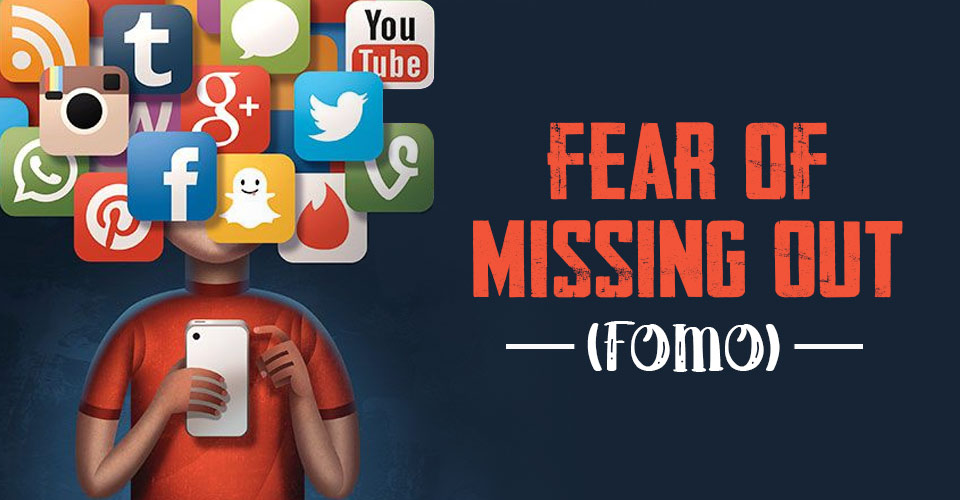
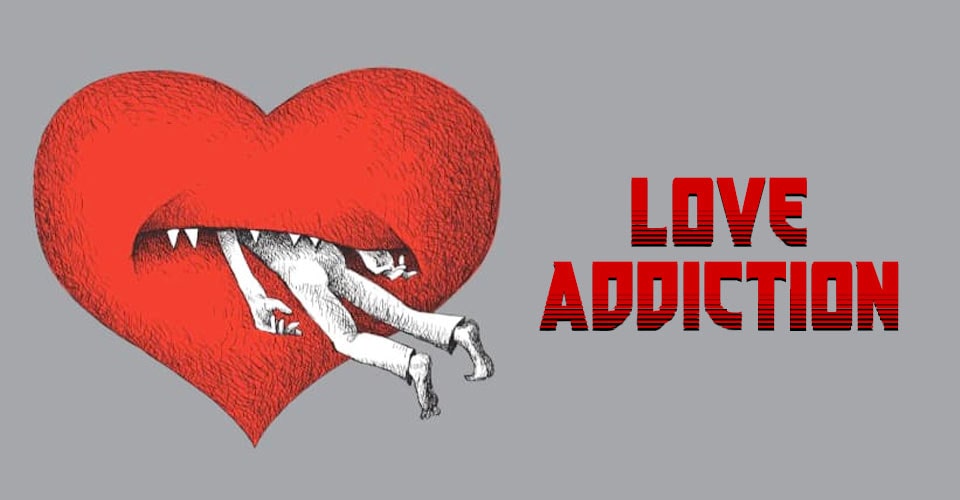
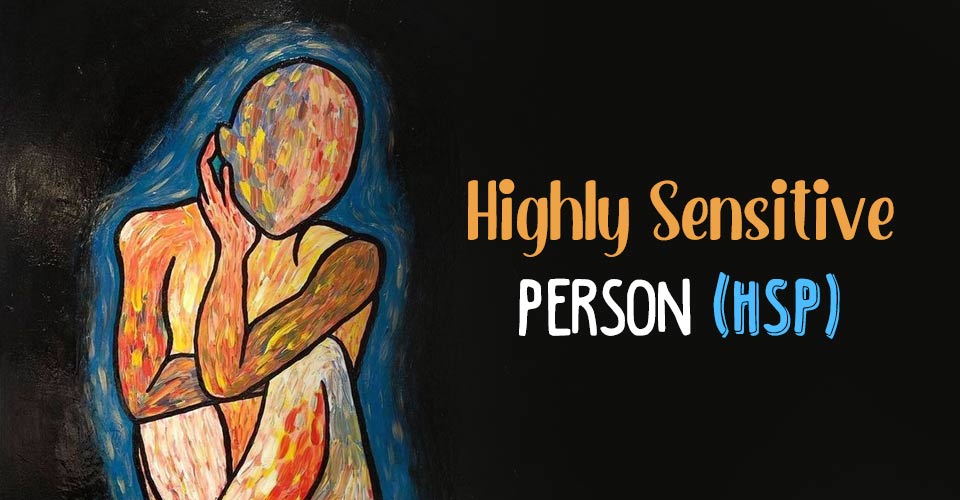

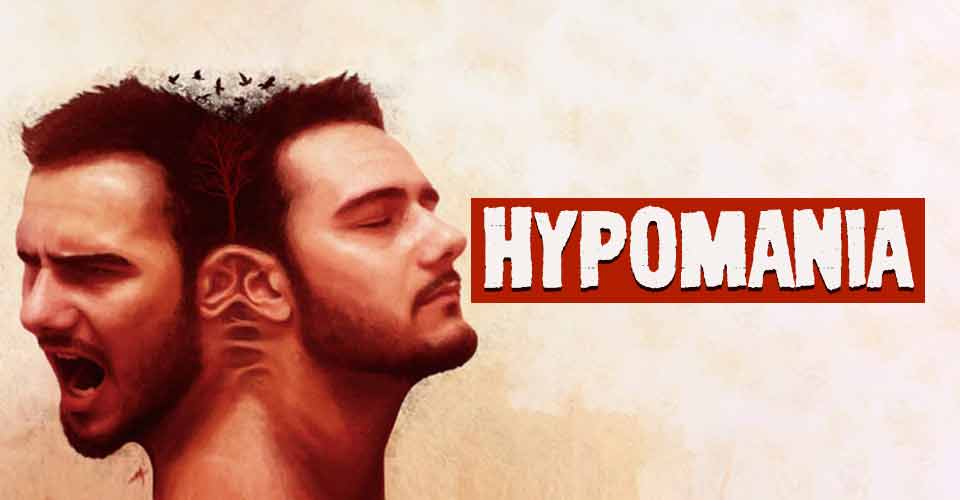



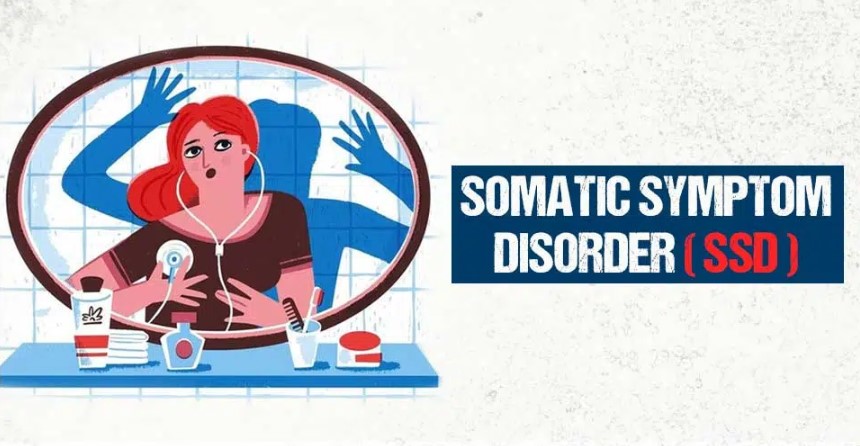

Leave a Reply